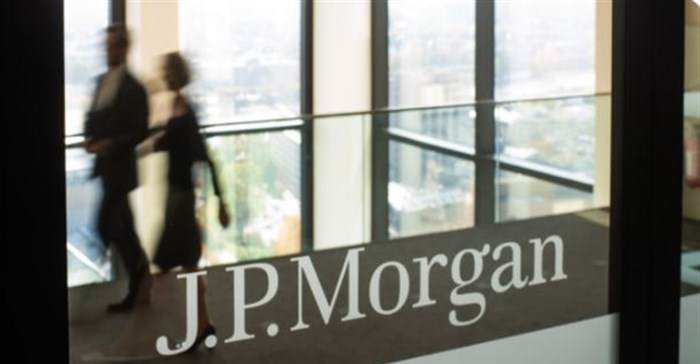JPMorgan seizes First Republic Bank

The deal cements JPMorgan’s position as the largest lender in the US.
The Wall Street giant is set to pay $10.6bn to the Federal Insurance Deposit Corp (FIDC), after officials seized the bank, which had gained
a reputation for its burgeoning mortgage business and wealthy clients.
The FDIC has agreed to shoulder 80% of losses on residential mortgages for seven years and 80% of losses on commercial loans for five years, as well as providing $50bn in financing.
Jamie Dimon, chief executive of JPMorgan Chase, said customers withdrawing deposits on mass from First Republic Bank caused its collapse.
Customers had withdrawn $100bn of deposits in March.
A group of 11 Wall Street banks had pumped $30bn into First Republic last month in an attempt to avoid the bank's failure, but the tipping point was when shares in the San Francisco-based bank fell by more than 75% last week.
The failure of First Republic follows that of Silicon Valley Bank (SVB) and Signature Bank.
First Republic’s failure is the second largest in US banking history, and follows in the footsteps of Washington Mutual which the FDIC seized, and which was also snapped up by JP Morgan in 2008.
First Republic Bank's demise is growing anxiety about the health of the US banking sector and fears of a global banking crisis akin to that of 2008 and 2009.
Dimon said the US government had "invited" the banking giant, along with others, to "step up, and we did".




